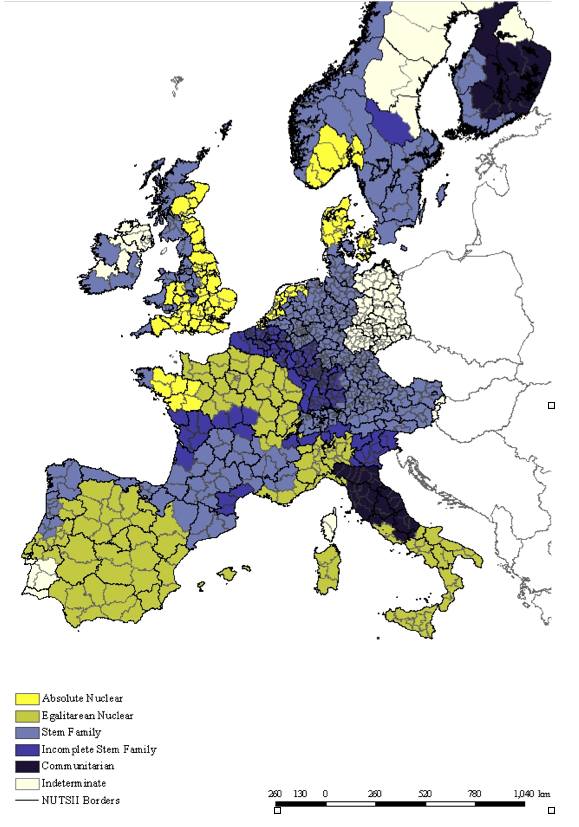Robert Lucas
I recently ran across this quote:
For income growth to occur in a society, a large fraction of people must experience changes in the possible lives they imagine for themselves and their children, and these new visions of possible futures must have enough force to lead them to change the way they behave … and the hopes they invest in these children: the way they allocate their time. In the words of [V.S. Naipaul] economic development requires “a million mutinies.”
A Million Mutinies: The key to economic development, An excerpt from “Lectures on Economic Growth” by Robert E. Lucas, Jr. Professor Lucas is a Nobel laureate in Economics from the University of Chicago, so one of our homies.
Lucas is right. Major change, political as well as economic, requires a change in peoples’ vision of the future, and requires that “a million mutinies” break out against the status quo.
V.S. Naipaul
The phrase comes from the book by V.S. Naipaul, one of my favorite writers, India: A Million Mutinies Now. Naipaul is realistic about the enormous challenges facing the Indians as they attempt to modernize their country. He makes an analogy between the unsuccessful Indian Mutiny of 1857 and the “millions mutinies” he sees breaking out all over India which challenge the status quo and are pushing toward something better. Naipaul is the farthest thing from a congenital optimist, but he is, with qualifications, heartened by what he saw in India when he travelled there in 1988.
America is also, currently, in a mutinous phase. But there is a shortage of vision for a better future, once the mutineers succeed.
An under-appreciated key element is having “new visions of possible futures.” This keeps people motivated to persevere and make the personal sacrifices necessary to achieve the vision.
America 3.0 is expressly intended for this purpose, to inspire millions of mutinies.
Incidentally, I got the Lucas quote from an excellent article by Gerard M. Koot entitled The Little Divergence and the Birth of the first Modern Economy, or when and why did northwestern Europe become much richer than southern and eastern Europe.
Prof. Koot, in turn was quoting Jan Luiten van Zanden‘s book The Long Road to the Industrial Revolution: The European economy in a global perspective, 1000-1800.
First, I only recently heard of Van Zanden, by pure happenstance. I spoke at a Chicago Tea Party meeting, to a very small crowd. Among them were four guys who looked foreign. During the Q & A one fellow with decent English tried to challenge me on some things, and seemed to think that American Conservatives wanted people to starve in the street, to turn the operation of the government over to big business, etc. He was a nice enough guy, but he had swallowed a lot of propaganda. As it happened, the four of them were Swedish graduate students in town for a conference on Economic History. We had a good conversation about their research, and the book they recommended to me as an absolute “must read” was the Van Zanden book. (Too bad it’s so expensive.)
As to Koot, I stumbled across him researching the idea of a “Little Divergence” of Northwest Europe from the rest of Europe in terms of economic development. This little divergence preceded the Great Divergence between Europe and Asia. It turns out Prof. Koot is an emeritus professor at UMass Dartmouth, and he has many good essays. I am surprised I never heard of him before.
Other good ones by him include:
* The Standard of Living debate during Britain’s industrial revolution,
* The Great Divergence: Explaining why Asian economic growth lagged behind European growth, 1500-1870
* Escaping from the Malthusian Population Trap in Northwestern Europe
* The Role of Trade and Empire in European Economic development to ca 1870.
Prof. Koot also has a page with many interesting links based on a SEMINAR FOR SCHOOL TEACHERS: HISTORICAL INTERPRETATIONS OF THE INDUSTRIAL REVOLUTION IN BRITAIN from 2012.
Alan Macfarlane
One thing that struck me was Prof. Koot’s the reference to a “Little Divergence” occurring “around the North Sea” — especially in England and Holland. The unusual nature of the English and Dutch economic and political development is noted in Alan Macfarlane‘s Modern World series, which is free online, and is absolutely essential reading. I do not say that lightly.
Emmanuel Todd
There is a map at the front of Emmanuel Todd’s book The Explanation of Ideology: Family Structure and Social Systems. This book is absolutely essential reading. I don’t say that lightly. A variant of this map is included in an the article by Duranton, et al. Family types and the persistence of regional disparities in Europe, below. You will see that the Absolute Nuclear Family, which is the foundation of the modern, individualistic, capitalistic mindset, and the institutions built upon it, occurs precisely “around the North Sea.”
(The ANF has historically been found in the yellow shaded area.)
Coincidence? I think not.





Is there an English language definition of the terms on the map?
Read the Duranton article I linked to, especially the chart on p. 11.
This The New York Times opinion column has the map and definitions:
Family Ties